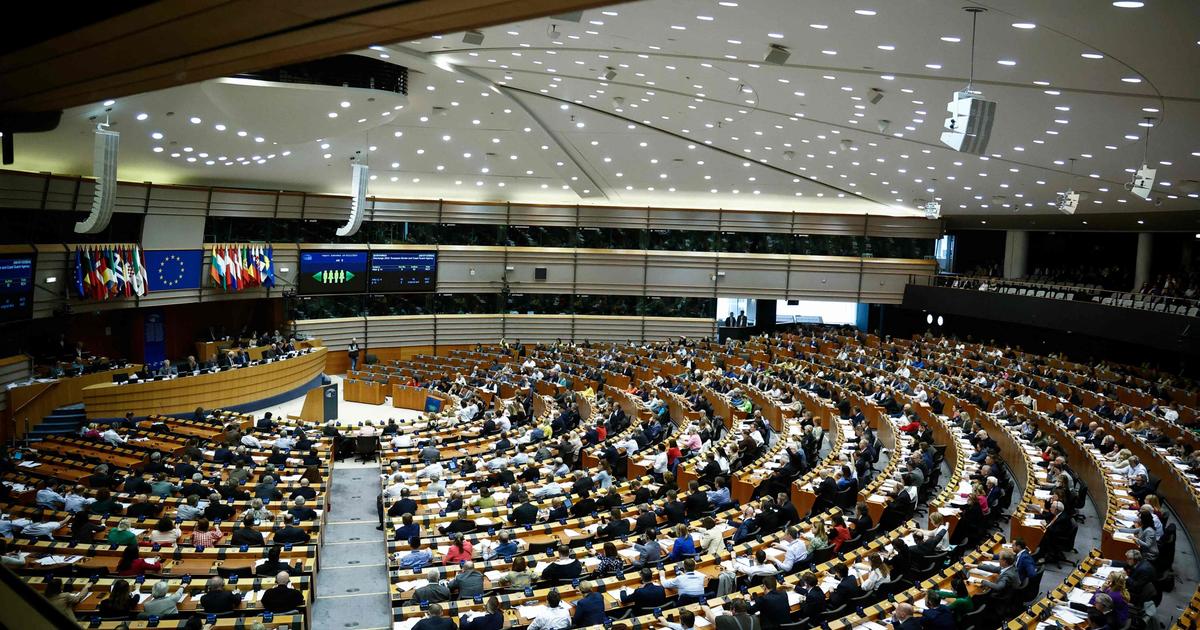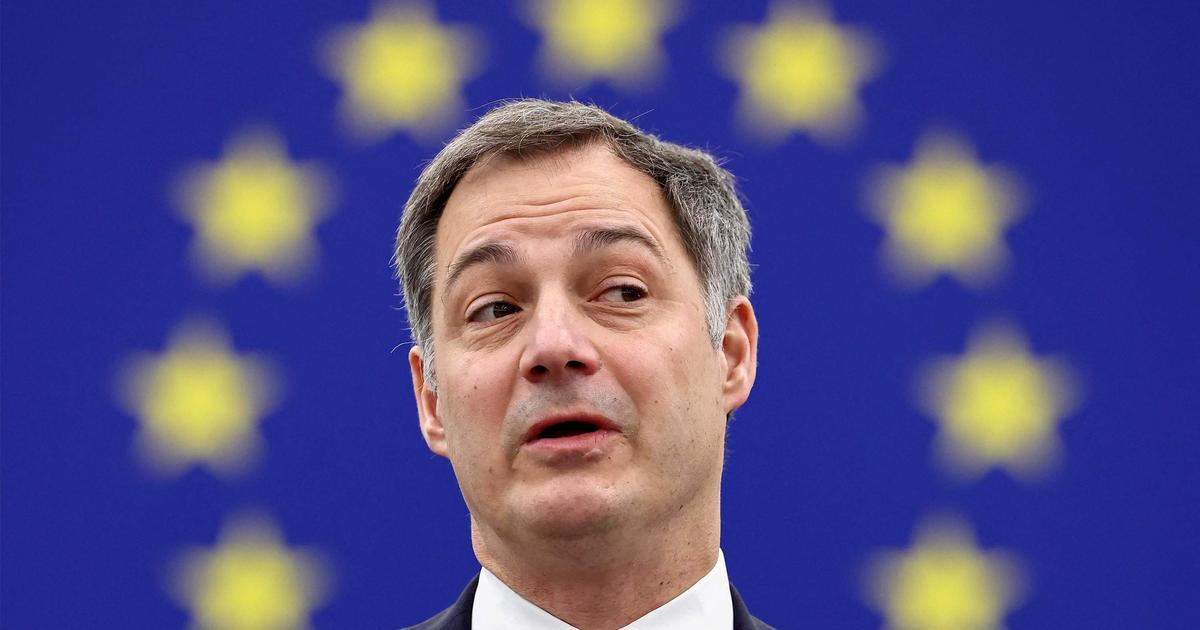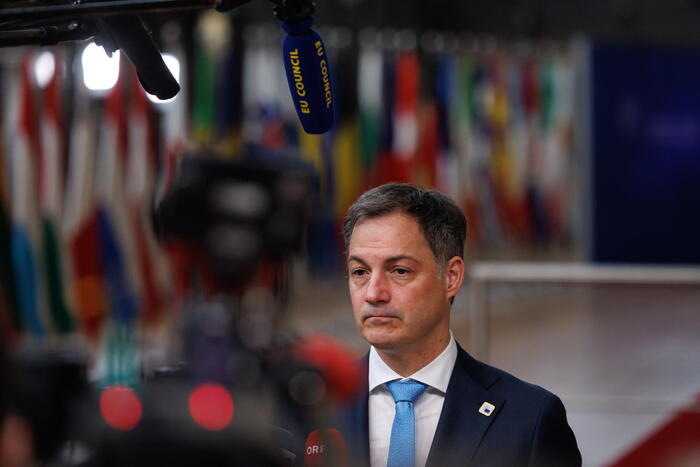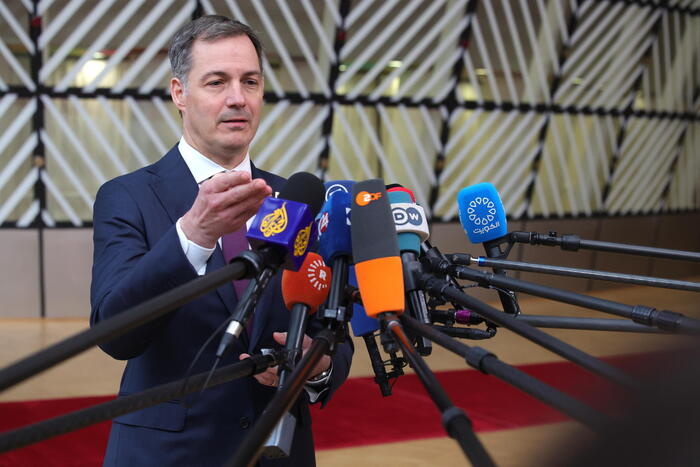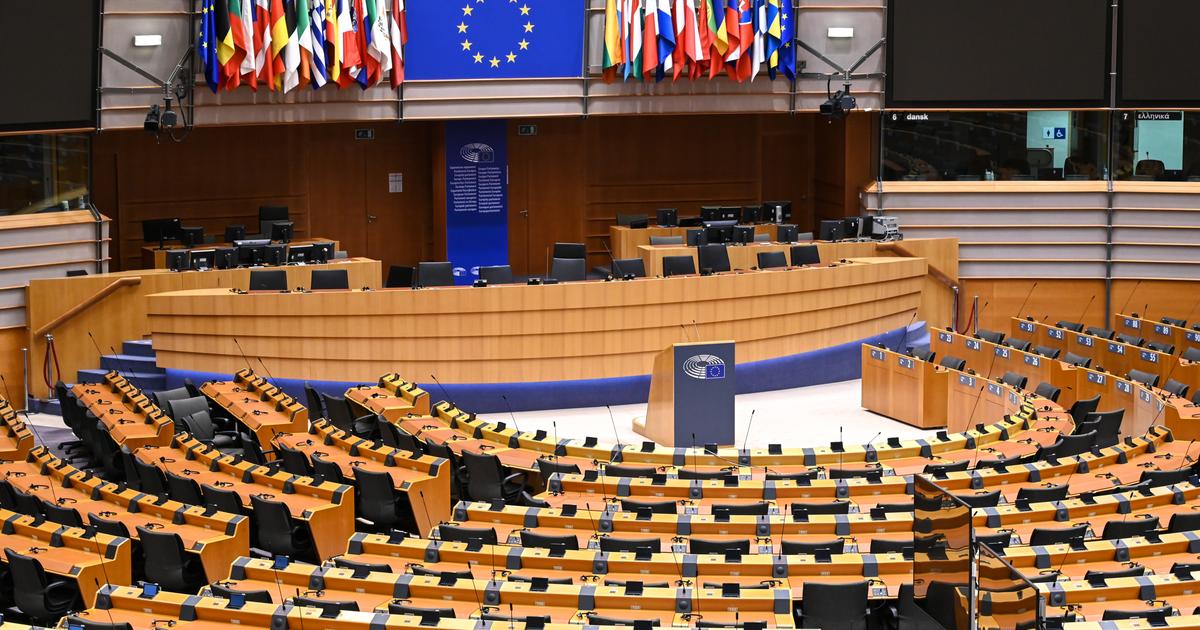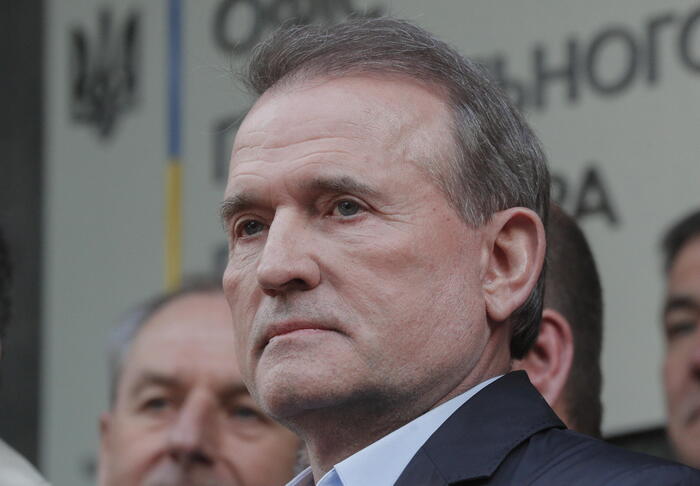Sometimes it is not necessary to make the best decision but the only one acceptable to everyone.
Alexander De Croo, the quiet liberal, 44 years old, immaculate suit and sympathetic smile, a sporty and familiar type, fond of motorcycles, horses and
electric
skateboarding
, has had the virtue of appearing in these moments of uncertainty.
De Croo has been the Prime Minister of Belgium since last Thursday 1st, a considerable achievement in a country of just over 11 million inhabitants, accustomed to the political blockade: they had been 16 months, since the May 2019 elections, trying to form government.
De Croo, the first flamenco in office for almost a decade, will lead a heterogeneous coalition executive nicknamed Vivaldi;
a complex regional and political balance woven between seven parties that unites the Flemish and Walloon families of liberals, socialists, environmentalists and the Christian Democrats of Flanders.
Seven matches in total, but only four colors, the seasons of the score.
The new prime minister is no political animal.
His story is that of a leader without pull whose party, the liberal Open Vld, was the sixth most voted in the electoral appointment, the fourth in the Flemish region and does not even represent the majority force of the coalition, a place reserved for the socialists.
But somehow, fearing the growing influx of nationalism, populism and xenophobia in the richest and most populated region of the country, he managed to become the ideal candidate.
The Vivaldi government has left out the two main forces in the country: the nationalist N-VA party and the Vlaams Belang, one of the most extreme right-wing formations in Europe.
As
the Walloon socialist Paul Magnette, De Croo's traveling companion in a marathon negotiation and the person with whom he was fighting for the position,
said in an interview in
Le Soir
: “The
premier
had to be Flemish, period.
A French leftist at the head of a government like this would be the final straw ".
De Croo comes from a very political family, as is often the case in Belgium, where being a “son of” seems almost a tradition: there were the Spaak as well as the Michel and now the De Croos.
Originally from the Flemish town of Brakel, where the saga has been in office for five generations, his father, the also liberal Herman, has been a deputy for 52 years, president of Parliament and several times minister.
His mother, a militant lawyer still practicing, was honored by De Croo in his book
The Century of Women
: “My mother studied law in the 1950s.
She specialized in divorce, often noting how women were trapped in their marriages.
Humiliated, dejected, threatened women, but whose finances did not allow them to leave their husband, my mother repeated that they had to get a job to achieve their independence and embrace their own destiny ”.
As a child, Alexander showed more interest in computers (he used to gut them) than in the public.
He repeated that he would never follow in his father's footsteps.
Against family criteria, he studied Business Studies, went on to study an MBA in Chicago and worked for six years at the multinational Boston Consulting.
Back in Belgium, he created an intellectual property rights consultancy company, got married, had two children, lived in the family village, and from there he criticized the political ups and downs.
A friend challenges him: “Instead of standing on the sidelines, jump in.
But out of mercy, stop complaining. "
And this is how in 2009, with the end of the era of Guy Verhofstatd, the Flemish liberal who ruled the country for a decade, De Croo ran for the presidency of Open VLD without experience (but with the endorsement of his surname).
He wins and his career takes off, with a very Belgian hand: it causes the fall of a coalition and opens a political crisis of 541 days.
He did not do well at the head of the game, confesses a comrade on the phone.
“For that position you need to be heard, be energetic.
But he is a reasonable guy.
Aloof, not outgoing.
He is not the typical politician, but rather an executive ”.
His leadership, he adds, is reinforced when the opportunity comes to him from 2012 to be vice prime minister of different coalitions, touching almost all the suits: pensions, cooperation, digitalization, telecommunications and finance.
“He built a solid reputation as a manager.
He became popular in his own way, not because of his slogans, but because of his decency.
It is sober and reliable.
That has been his strength, that is why he has survived.
It doesn't shine, but it's always there. "
There it was, finally, more than 650 days after the last government crisis, when it was time to decide, once and for all, who would take the reins of the country.

/cloudfront-eu-central-1.images.arcpublishing.com/prisa/KCHAK7Z3CRFW7JF4BY5NU3WBLY.jpg)
